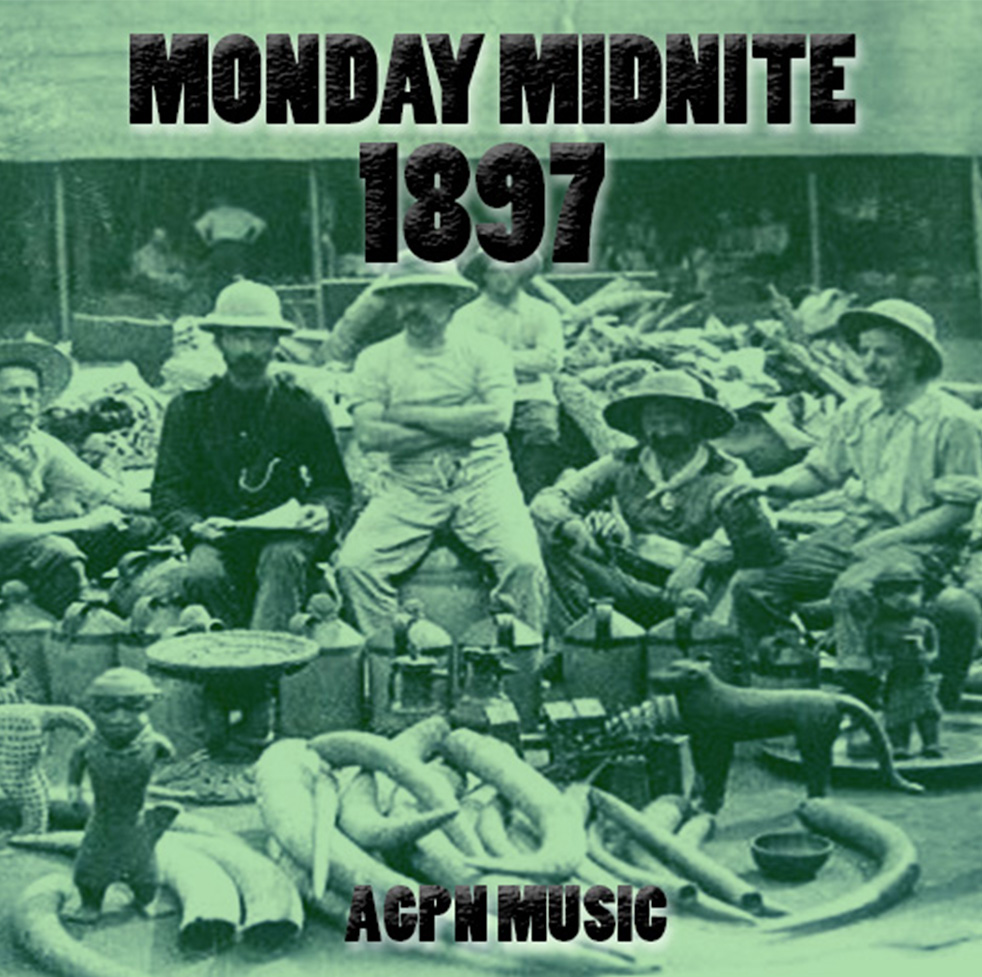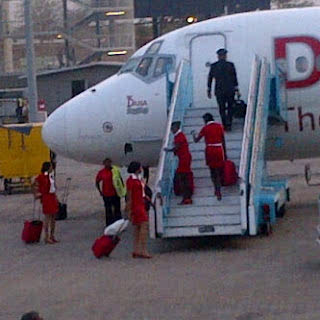
. How Staff Were Forced To Fly The Plane Despite Complaints
. The Plane’s Catalogue Of Faults
Inside sources have revealed that the Dana Airline crash that killed over 150 people and rendered many homeless in Lagos could have been avoided if the airline’s management had listened to its staff.
Reports monitored on Channel’s TV on Monday morning indicated that the management was informed that the plane developed a fault shortly after it left Lagos and stopped over in Calabar.
The Dana Air staff who spoke revealed that instead of sending the aircraft back to Lagos for repairs, the owners decided that it should go ahead to Abuja to pick passengers. The lady also stated that in the recent past, the plane had a number of problems with its hydraulics.
The official said “the plane has being giving faults for a very long time. There was a case when it was on ground in Uyo for over six hours, because of delayed flight, it had a bolt. And then in Abuja it happened a few days ago, then some people went with the aircraft but they could not come back, because it had a fault there and it couldn’t leave Abuja.”
Speaking further, the official said “yesterday, it (the aircraft) was not supposed to leave Lagos at all, but it left and then got to Calabar, gave fault and it was fixed and then they took it to Abuja, when they should have returned to Lagos but because they didn’t want to part with the little money they will make, they took it to Abuja, loaded full passengers, and then it couldn’t get to Lagos.
It has being having faults over time, continuously, hydraulics or one thing or the other. That aircraft kept having problems and they were not ready to park it” she stated.
Street Journal has also found out that the aircraft was faulty and the faults it gave made the original owners sell it. The plane was sold to Dana Airlines in February, 2009 by Alaska Airlines.
Checks from the Aviation Safety Network revealed that that particular plane, an MD-83 was manufactured in 1983 and it had its maiden flight on December 17, 1984. Alaska Airline bought the plane on the 13th November 1990 and it had the registration number N944AS.
It was found out that the plane had its first fault on November 4, 2002 when it had to undergo emergency diversion due to smoke and electrical smell in the cabin area, which engineers said was because light ballast had over heated.
The plane’s cabin area developed another fault on August 20, 2006, and it had to be evacuated after landing in Long Beach, California due to a chaffed wire bundle that discharged and produced smoke in the cabin area.
Street Journal gathered that Alaska Airline had the aeroplane parked in Victorville after the August 20, 2006 incident and it was in that state until maintenance was carried out on it in Miami on September 11, 2008 before its eventual sale in February 2009 after which it was registered as 5N-RAM.
The first issue the plane had in Nigeria was on April 19, 2010 when it had an emergency landing following loss of engine power after bird strike on take off in Lagos.
Meanwhile, in February 18, 2012, Street Journal published a story titled “America’s Damning Report on The Rot In Nigeria’s Aviation Sector”, the story was a sequel to a report on Nigeria’s aviation industry by an American agency.
It reads “A few days ago, Street Journal reported on the substandard services in Nigeria’s aviation sector which have forced numerous travellers to complain about several airlines. At times flights are delayed for hours and on several occasions, passengers’ have had to cope with another stress as their luggage are sometimes forgotten at the point of departure by airlines. And to cap up the insult, neither apologies nor explanations are offered by the airlines for such developments.
Though the Nigerian aviation authorities have not released full reports of the three air disasters that occurred between 2005 and 2006, Street Journal got a copy of the reports on the crashes which were obtained by the American agency, AP. The revelations in the reports were damning and they went a long way to expose the rot within Nigeria’s aviation sector.
For instance, the report made it clear that before Lambert Imasuen, the pilot of the Bellview plane that crashed in 2005 was engaged by the aviation company, he had not flown any aircraft for 14 years. He worked at a popular dairy company in Ibadan and he only got to Bellview after he quit the dairy company.
It was also discovered that during the 14-year break from flying, Imasuen was shot in the head by armed robbers, yet he was allowed to work as a pilot.
It was also discovered that safety regulations in aviation circles are rather loose.
The American Federal Aviation Administration requested the documents about the crashes through a Freedom of Information Act.
A report on the Oct. 22, 2005 crash of a Bellview Airlines flight that killed 177 people showed that the plane nose-dived into the ground at high speed. Investigators reportedly found only human remains that were “nothing bigger than toes and fingers,” the report read.
The summary of the report also stated that the plane’s captain, a 49-year-old former pilot, had been hired by Bellview after he had been working at a dairy for about 14 years. The pilot also had been “shot in the head during a robbery attempt” while he worked at the dairy. Surprisingly, “medical records do not contain any medical or hospitalization history of the event”. Though it was also stated in the report that follow up investigations would be carried out on the issue, there was no evidence that it was done.
At the Bellview crash site, deep in rural Nigeria, villagers looted the few pieces of what remained from the plane, likely including its “black box” recorders, according to an investigation summary.
The Dec. 10, 2005 crash of a Sosoliso Airlines flight full of schoolchildren from Abuja to Port Harcourt, which killed 107 people, appears to have involved both pilot error and weather.
The pilot was “reportedly racing a thunderstorm” nearing the airport, an FAA memo reads. The inclement weather also forced the pilot to make an instrument landing — meaning that visibility had been reduced to the point the pilot needed to rely on instruments to make his landing, the report read.
The plane crash landed on the grass alongside the runway, broke apart and caught fire.
The third major crash — an Oct. 29, 2006 ADC flight from Abuja to Sokoto — killed 96 people, including the top spiritual leader for the nation’s Muslims. The plane crashed 76 seconds after going airborne.
It was stated in the report that just before the crash, alarms began sounding in the cockpit and the pilots’ incorrect actions stalled the plane.
Though Nigerian aviation officials have claimed that air travel is much safer in the country, Nigerians in some places are still sceptical. Travellers alighted from an aircraft at the Ibadan airport sometime ago fanning themselves with almost everything they could lay their hands on; the air conditioning unit in the aircraft malfunctioned mid-air.
There have also been reports that the communication equipment on most aircrafts flying the local routes sometimes fail with weather situations.
The issue of graft too cannot be ruled out especially with the kinds of irregularities and substandard services that are allowed to pass.”
The Real Reasons Behind The Dana Air Crash!









